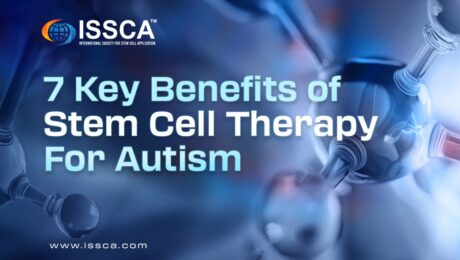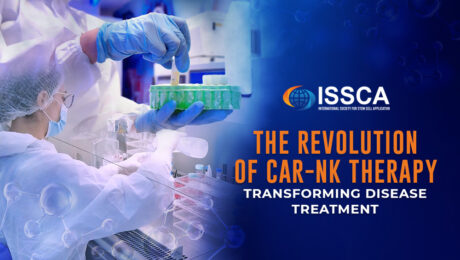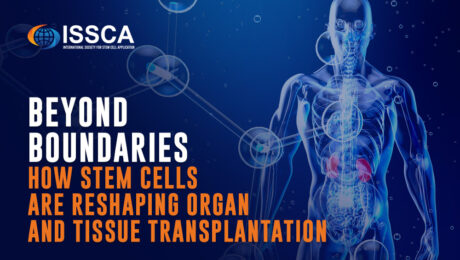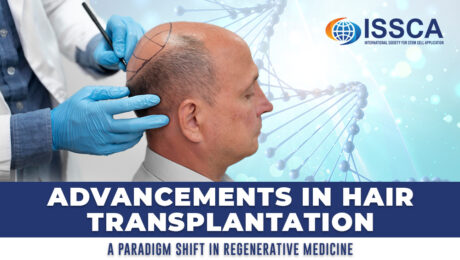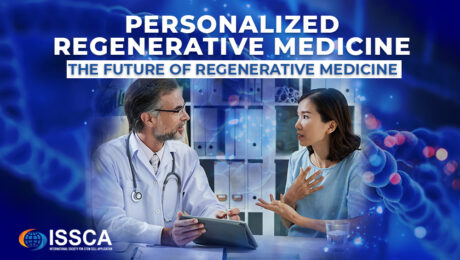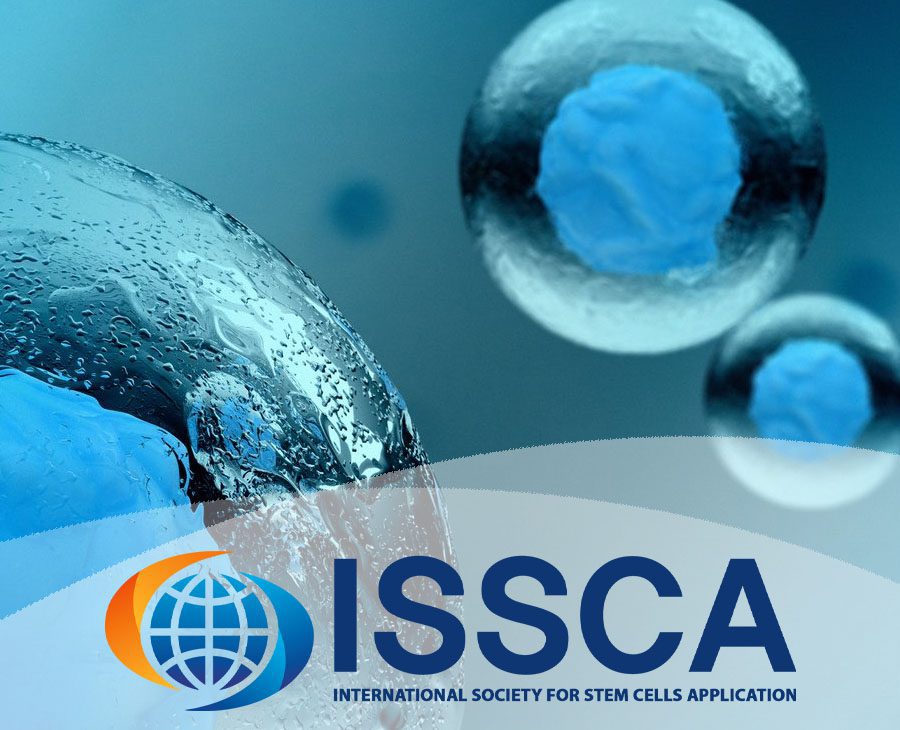Mesenchymal Stem Cells: An Advanced Discussion on Their Biology, Mechanisms, and Clinical Translation
The relevance of mesenchymal stem cells (MSCs) in regenerative medicine and immunomodulation is undeniable. Their study has evolved from merely characterizing their in vitro multipotentiality to a more granular understanding of their complex mechanisms of action and intricate interaction with the tissue microenvironment. Molecular and Cellular Mechanisms of Action The therapeutic action of MSCs is
- Published in Blog
What are some of the main benefits of stem cell therapy for autism? Does this treatment really work? Find out in this article.
If your child or a loved one is struggling with autism, you are not alone – according to the Centres For Disease Control and Prevention, about 1 in 36 in the US are on the spectrum of autism, and it can impact anyone – occurring in all racial, ethnic, and socioeconomic groups. For many years,
- Published in Blog
What is NAD?
NAD (Nicotinamide adenine dinucleotide) and its precursors, commonly known as NAD boosters, are some of the most important molecules on the planet—without them, life would cease to exist. At very high doses, they have been shown to improve the function of various types of cells and tissues throughout the aging body, including the heart, brain,
- Published in Blog
The Regenerative Revolution: A New Era in Hair Restoration
The Pursuit of Luscious Locks: Evolution of Hair Restoration Traditional Hair Transplants: The Old Guard For decades, methods like Follicular Unit Transplantation (FUT) and Follicular Unit Extraction (FUE) have dominated hair restoration, moving hair follicles from donor areas to balding spots. However, these methods often leave scars and have limited donor hair availability. Regenerative Medicine:
- Published in Blog
The Revolution of CAR-NK Therapy: Transforming Disease Treatment
In the ever-evolving landscape of medical innovation, one breakthrough stands out—a transformative approach known as CAR-NK therapy. This groundbreaking development has the potential to revolutionize disease treatment, offering a safer and more effective solution for patients. Join us as we delve into the five pivotal aspects of CAR-NK therapy, reshaping the future of medical care.
- Published in Blog
Beyond Boundaries: How Stem Cells Are Reshaping Organ and Tissue Transplantation
Stem Cells: Pioneers of Regeneration Within the sacred corridors of medical advancement, a profound transformation is silently taking place, poised to reshape the very foundations of organ and tissue transplantation. Envision a realm where donor shortages and the specter of immune system rejection fade into history, and where medical horizons stretch to unprecedented frontiers. In
- Published in Blog
Exploring the Frontier of Regenerative Medicine: Unraveling Autologous and Allogeneic Stem Cells
WEDNESDAY, 06 SEPTEMBER 2023 / PUBLISHED IN BLOG Exploring the Frontier of Regenerative Medicine: Unraveling Autologous and Allogeneic Stem Cells In the realm of modern medicine, a groundbreaking field has emerged, promising to reshape the way we approach healing and rejuvenation – regenerative medicine. At the heart of this revolution lie stem cells, the unsung
- Published in Blog
Advancements in Hair Transplantation: A Paradigm Shift in Regenerative Medicine
WEDNESDAY, 09 AUGUST 2023 / PUBLISHED IN BLOG In the realm of regenerative medicine, hair transplantation has experienced remarkable progress in recent years. As part of a multidisciplinary community of physicians and scientists dedicated to advancing the field, it is essential to stay informed about the latest developments in this area. This blog post aims
- Published in Blog
Stem Cells and Diabetes: Exploring a Path to Improved Management
TUESDAY, 01 AUGUST 2023 / PUBLISHED IN BLOG Diabetes is a chronic condition that affects millions of people worldwide. It occurs when the body cannot produce or use insulin properly, resulting in high blood sugar levels. Diabetes can cause serious complications such as heart disease, kidney failure, nerve damage, and vision loss. Understanding Diabetes: Types
- Published in Blog
Advancing Women’s Health: The Transformative Applications of Regenerative Medicine and Exosomes in GYN-OBS
FRIDAY, 23 JUNE 2023 / PUBLISHED IN BLOG In recent years, the field of gynecology and obstetrics (GYN-OBS) has witnessed remarkable advancements in regenerative medicine and the utilization of exosomes. These groundbreaking technologies offer innovative approaches to address various gynecological and obstetric conditions, revolutionizing the way we approach women’s health. Let’s explore the exciting applications
- Published in Blog
Ozone Therapy: A Promising Alternative Treatment with Potential Benefits
MONDAY, 24 APRIL 2023 / PUBLISHED IN BLOG Ozone therapy is a promising alternative medical treatment that has gained popularity in recent years. It involves the administration of ozone, a form of oxygen, to treat various medical conditions, ranging from chronic pain to infections. Although the scientific evidence on the effectiveness of ozone therapy remains
- Published in Blog
Personalized Regenerative Medicine: The Future of Regenerative Medicine
MONDAY, 17 APRIL 2023 / PUBLISHED IN BLOG Regenerative medicine is a rapidly growing field that focuses on repairing or replacing damaged or diseased tissues and organs using stem cells, growth factors, and other advanced therapies. The effectiveness of this approach has been demonstrated in treating a wide range of conditions, including heart disease, diabetes,
- Published in Blog



